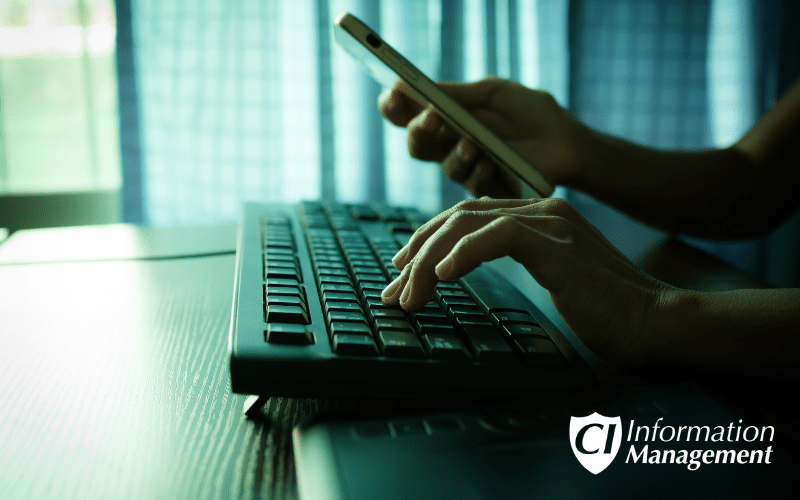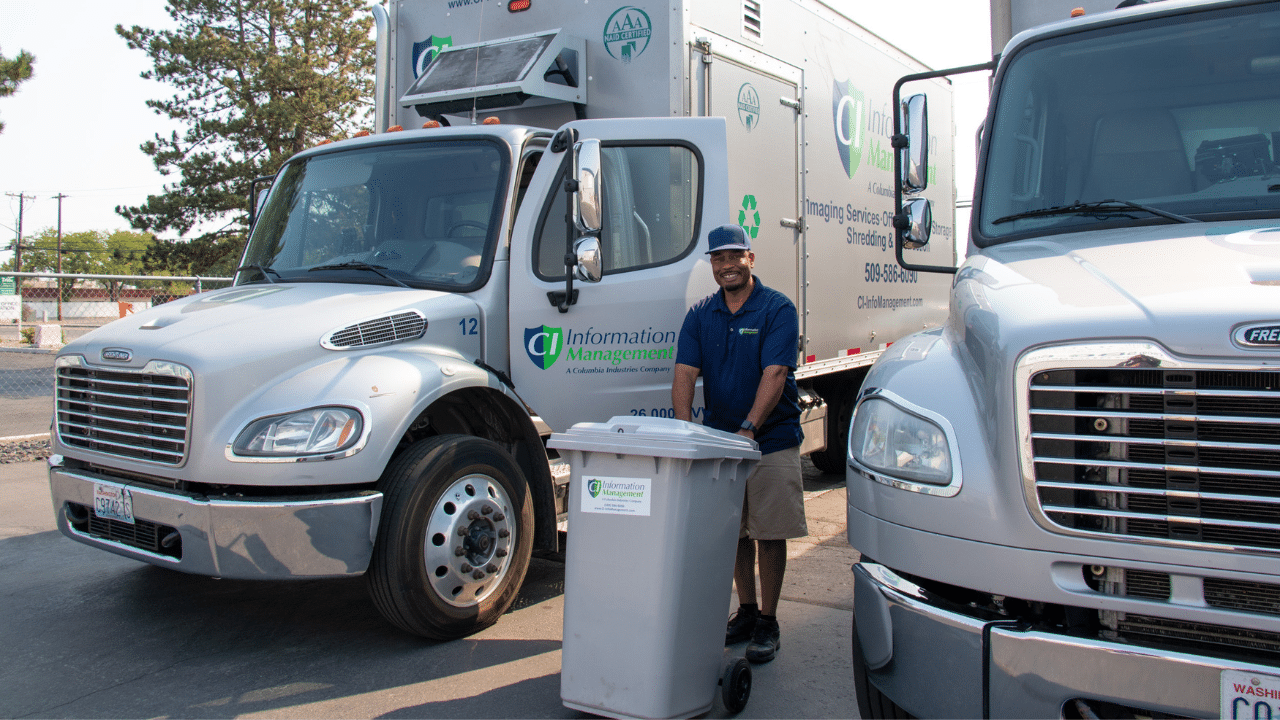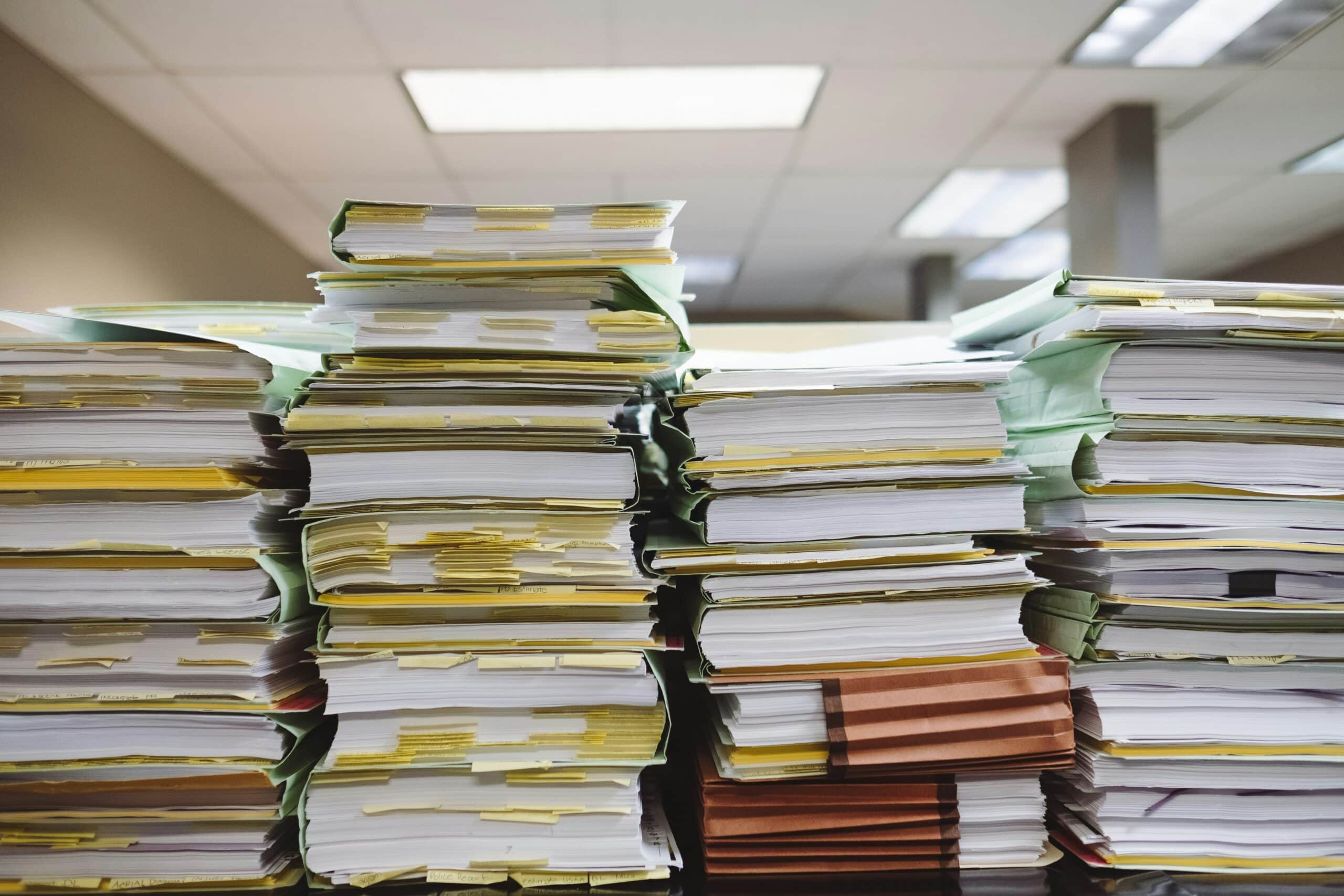 Everyone will celebrate the holidays in December differently, but we should all be united in recognizing Identity Theft Awareness and Prevention Month as a reminder to protect our personal information and that of our family, friends and coworkers.
Everyone will celebrate the holidays in December differently, but we should all be united in recognizing Identity Theft Awareness and Prevention Month as a reminder to protect our personal information and that of our family, friends and coworkers.
Protecting your private information continues to get more difficult as each year passes, and with thieves and fraudsters looking to take advantage of the frenzy of holiday shopping, dining, and travel, it’s a great time to review some simple yet important tips on how to protect yourself from identity theft. Take a few minutes to assess your personal information security.
Private Records
Documents, receipts, address labels, credit cards, ID cards, and anything else printed with personal, financial, or health information should be destroyed after use. Don’t simply recycle them or toss them in the garbage. Don’t just tear them up. Use a residential shredding service or drop-off shredding location and have your documents shredded by a local, NAID AAA Certified shredding provider to keep identity thieves from reconstructing your information.
Social Security Number
You shouldn’t carry your Social Security card or any other document that contains your Social Security Number (SSN) with you in case you misplace it or it is stolen. Never put your SSN on documents, forms, or checks. Your Social Security Number is one of the most valuable personal identifiers that a thief can use to replicate your identity, empty your bank accounts, and apply for credit, licenses, healthcare and government benefits in your name.
Snail Mail
Pick up your mail as often as possible, whether you have a residential mailbox or a post office box. If you have important mail or checks to send, take them to the post office and use the inside mail drop box. Mailboxes are an attractive and easy target for incoming or outgoing mail to be stolen, and incidences of mail theft are on the rise. Any one mailpiece could contain enough information for thieves to steal your identity.
Receipts
Never leave your ATM card, credit card, or any receipts behind. Make it a habit to double-check your wallet before you leave checkout to confirm that you got your card back. Also, don’t just toss receipts in the trash. Have them shredded when you are finished with them. A combination of information, whether full or partial account numbers, names, or other identifiers can be used creatively by thieves.
Communication
When you are communicating by telephone or email, always be sure of who you are communicating with before you release any personal or financial information. Don’t share information with anyone unless you have confirmed they are legitimate. Ideally, it is better that you initiate contact rather than responding to a request for information from an outside source. For instance, if someone supposedly from the phone company calls you for a past-due payment, don’t feel intimidated or pressured to hand over information right then. Hang up and call the company’s official phone number to inquire about payment status. Going the extra mile to protect your identity is worth the extra time and effort.
Statements and Reports
Always review financial and credit card statements to make sure there aren’t any transactions you don’t recognize. You are also entitled to one credit report annually from each of the three credit bureaus—Experian, Equifax and TransUnion—so request it at least once a year or anytime you have a concern about your credit. Report unrecognized activity to all three bureaus immediately.
Electronic Devices
Your old laptops, hard drives, thumb drives, and other electronic devices should never be discarded without removing all information from them. Even information you have deleted might be recoverable, posing a risk to you. Your best choice for securely disposing of electronics is to use a hard drive and media destruction service to physically destroy them, rendering any remaining information irretrievable. They will also keep recyclable materials out of the landfill properly dispose of any toxic materials. It’s a win-win.
Here to Help
CI Information Management provides NAID AAA Certified paper shredding and hard drive and media destruction to residents and businesses in Southeastern and Central Washington state and Northeastern Oregon. If you would like more information about our shredding services, give us a call at 509-586-6090 or complete the form on this page. Our friendly shredding experts are standing by to answer all your questions.




